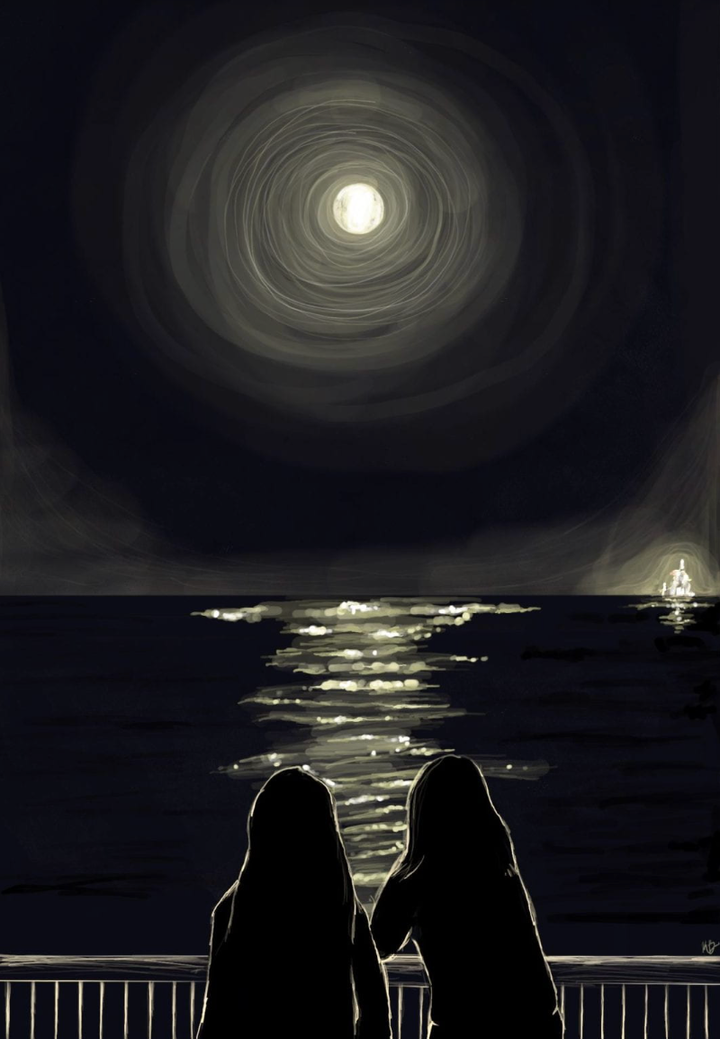“Total Recall?” Total Action, Total Letdown
You’d think that after “Inception” the creative teams in Hollywood would come up with new tricks and twists on the omnipresent themes of dreams, double-identity and exploration of self. That is not the case. Continuing the genre’s legacy of optional innovation, most Hollywood action films remain just like your old computer: changing your desktop picture won’t give you a new machine.
Excuse my cynicism, which seems a bit too harsh when you consider that “The Dark Knight Rises” is the latest exception. The sad truth nests more snugly in “Total Recall,” a re-imagining of its eponymous predecessor, which starred Arnold Schwarzenegger, Sharon Stone and gory Martians seemingly visually inspired by Chucky.
Never mind the original one in 1990, when most of us were either babies, unborn or hadn’t even been conceived yet (oh hey there, Class of 2016!). “Total Recall” is another ultra-cool, fast-paced and utterly uninspired package that is heavily geared to the preference of adrenaline over brains for 118 minutes. Does it try to be more than that? At first, at least. Factory employee Douglas Quaid (Colin Farrell) finds himself stuck in the daily routines from his home in The Colony to the United Federation of Britain for work, two of the only habitable places at the end of the 21st century after WWIII. After failing to get a promotion, an upset Douglas enters Rekall, a memory-implantation service that gives customers disorientingly realistic experiences such as a secret agent life. Wow, what could possibly go wrong with that? As it turned out, an unexpected episode forces Douglas to face a SWAT team confrontation, then voracious attacks from his ostensible wife Lori (Kate Beckinsale) and a manhunt. Now Douglas carries a different identity that might or might not be real, the key against Britain’s oppression over The Colony and the fate of millions. Does any part of this plot sound foreign to you? No, I didn’t think so.
As one of the most prominent traits of “Total Recall,” the visual styles of the futuristic societies bring a sinister shade to the political undertone of the story. Both habitats invite comparison with the classic 80s sci-fi universes, only with more remnants of the steampunk fascination for the complex, the exquisite and most explicitly, the crowded. The Colony rightfully receives more screen time with its condensed, over-stimulated design, which combines impressions of seedy Chinatowns, wet and mossy Bangkok waterways, Tokyo red light zones and Manila streets’ hustle-and-bustle. Painted with eerie green and electric violet, the sight of The Colony is overwhelming to an extent of redundancy. There is plenty going on, but none too impressive to take a serious look. The United Federation of Britain is slightly more intriguing, with its magnetic double-sided highways and gravitationally differentiated mass transportation setting playgrounds for all the characters’ cat-and-mouse races, which beef up most of the plot. In fact, the design of Britain strongly resembles the sleek, desaturated imagery of “Minority Report.” Coincidentally, “Minority Report” initially started as a sequel to the original “Total Recall,” before leaning closer to Phillip K. Dick’s short story of the same name.
Also based on Mr. Dick’s short story (“We Can Remember It for You Wholesale,” published ten years after “The Minority Report”), “Total Recall” does not have the metaphysical themes or the self-fulfilling prophecies of its Spielberg-directed, Tom-Cruise-leading cousin. The biggest irony, unfortunately, lies in Farrell, who upgraded his supporting role in “Minority Report” to be the leading man in “Total Recall” but not his presence or memorability. Farrell is not solely at fault here: had it delivered a more-than-bleak rendition of a self-doubting hero, Kurt Wimmer’s screenplay might not have been as unplugged and distancing as it turned out to be.
Rather than going for the jugular, the film puts on a faithful slideshow of gimmicks, leaving a pitiful dearth of actual content or narrative sense. Even with the background of propaganda schemes and obvious hierarchal tension, “Total Recall” is not interested in any collective anxiety of the established and corrupted machinery. Its depiction of general conflict only primes us to the trio on poster: besides a lackluster Douglas, we also have the one-track-minded killer Lori, half of whose dialogue consists of a four-letter PG-13 word, and Douglas’ partner Melina (Jessica Biel), who as “the vixen of justice” contains more emotional versatility than the protagonist. Ugly as it sounds, “Total Recall” is a lavishly decorated action-porn, where each step is predictable and every character possesses the profundity of a blow-up doll. Len Wiseman’s direction finds its best parallel in the construction of his wife Beckinsale’s role: although there is enough ambition to add in more intelligence or sophistication, it opts for the straight punches instead.
Yet such simplicity is not so much an ideological choice as it is naïveté, which culminates into a farce when in an attempt to escape from their killers, Douglas and Melina climbed out of the Fall, a chute that connects the two habitats in a 17-minute trip. Mind you, the Fall supposedly achieves that speed by going through the center of the Earth. Technical issues aside, the Earth is about 13,000 km in diameter and The Colony (former Australia) and the United Federation of Britain are approximately on opposite ends of the planet. The speed of the Fall translates to almost 800 km/min, or about 13 km/sec. In other words, instead of crumbling to ashes, our mortal heroes are still standing as they travel through the center of the Earth at 40 times the speed of sound.
I confess: I did that calculation in my head while watching the movie. Congratulations, that was what watching “Total Recall” had come to. And by the way, that scene was still half an hour away from the grand ending.





Comments ()